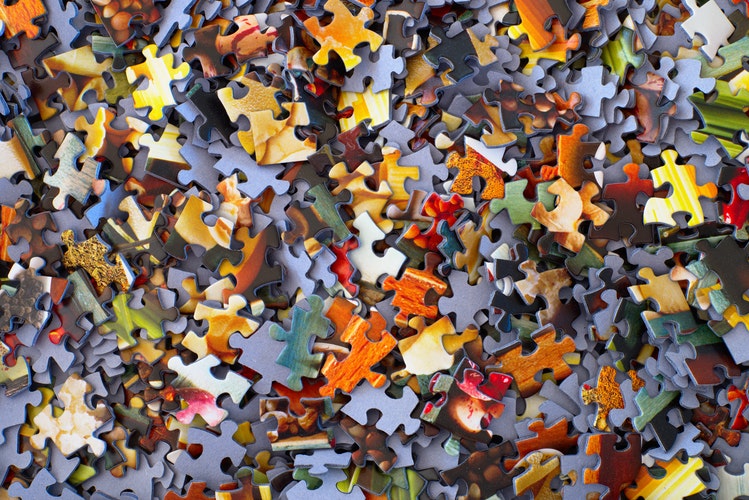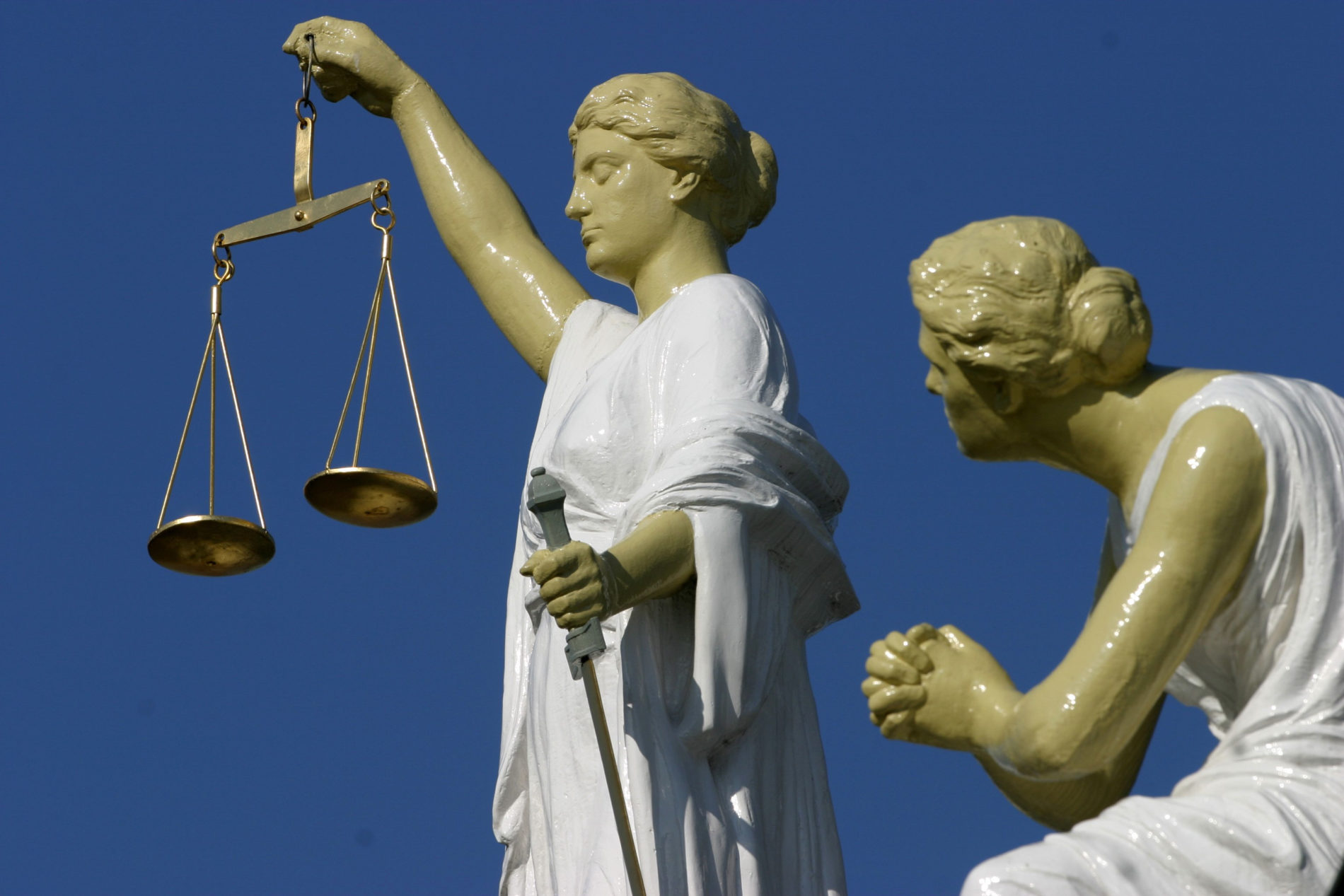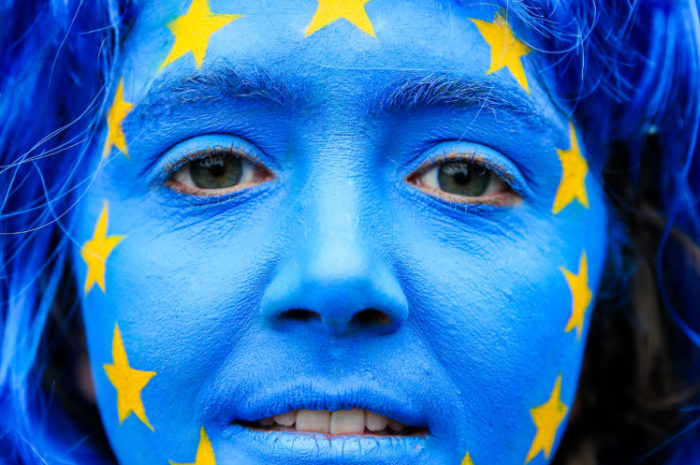
UNION OF EUROPE
Thanks to a great deal of political will and despite growing opposition, the European Union as a Union of Europe has been successful.
From a coal and steel community to the current integration of countries took a lot of time and bore mainly economic fruit in the 1970s.
And in such a way that even the United Kingdom, at first firmly held off, decided in the same years to join project Europe.
Although with the necessary reservations and enforcement of different rules for the United Kingdom, the United Kingdom was largely a full member of the European Union.
Separate arrangements with European countries such as Norway, without actual membership, were also arranged.
In these kind of cases it is important to allow free movement of people and goods.
” In the years two thousand the Eurozone starts; the national currencies of the member countries are merged into one common currency, the Euro “
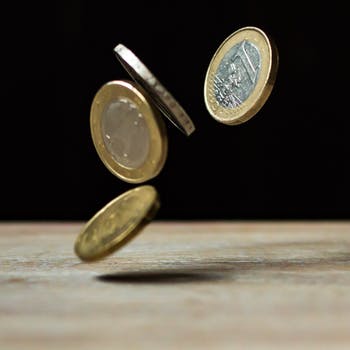
Particularly in the nineties, the European Union is experiencing strong growth with regard to the number of member countries.
Especially the former Soviet states, such as Latvia, Lithuania, Estonia, the Czech Republic, Slovakia and in the years two thousand Bulgaria, Romania and some of the constituent republics of the former Yugoslavia, are joining.
To some extent becoming part of the Schengen zone is not yet feasible for these states, because of the fairly large degree of corruption that still prevails in those countries.
In the years two thousand also the Eurozone starts; the national currencies of the member countries are merged into one common currency, the Euro.
Some EU countries do not participate, such as Denmark, Sweden, but also the United Kingdom.
Too much loss of identity and control is what these countries fear the most.
More and more Brussels is becoming a real capital of Europe with its own parliament and increasing power to arrange certain matters for all member countries.
As a democratic fact, the European parliament has many political groups that try to cooperate with each other on an ideological basis.
A good thing and worthy of a real democracy.
However, democracy in particular has one major weakness inherent to democracy.
Individuals and groups who actually don’t approve this far-reaching cooperation, can be elected in their national parliaments as well as in the European Parliament.
With actually only one goal in mind, to undermine democracy in their own country and to dismantle the European Union as much as possible.
This group of populists are in fact extreme nationalists, who consider their vision as blissful on a national as well as an European level.
This extreme right-wing and sometimes extreme left-wing danger to democracy is far from inconceivable.
In this context, history has already taught us enough.
Remember Hitler, who democratically elected, came to power in Germany in 1933 and turned this country from a democracy into a dictatorship which became a war machine.
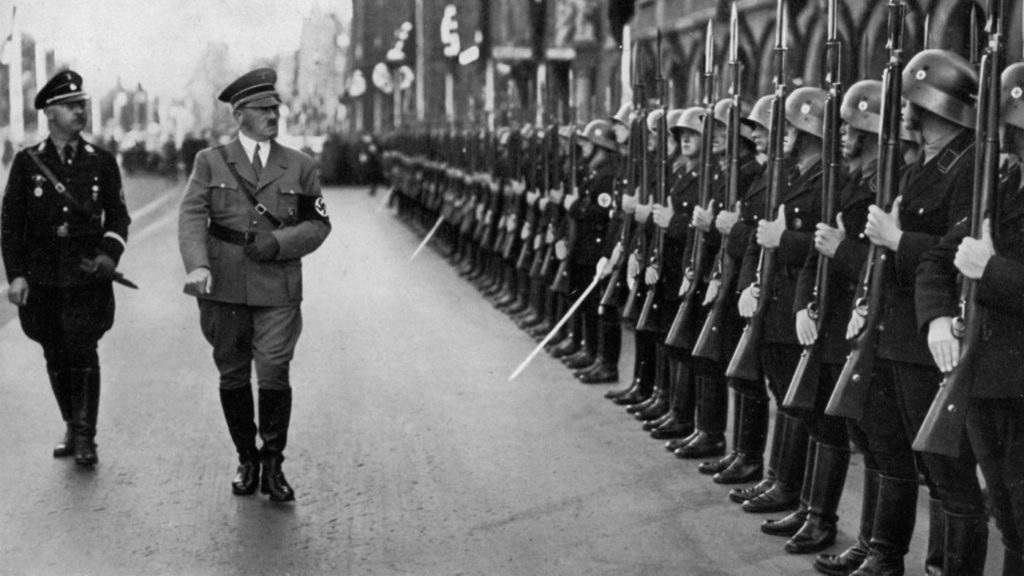
” In almost all countries that are a member of the European Union, extremely nationalist populist groups are active, which seems to have a growing attraction “
This eventually led to the Second World War with many millions of deaths on the battlefield and many millions of civilian casualties because they were not Aryan.
Jews, homosexuals, gypsies and others fell prey to the propagation of Hitler’s ideas.
Unfortunately, there are also recent examples of countries in Europe that have the same tendency to develop as Hitler did.
Democratically elected leaders in Hungary, Poland and to a lesser extent in the Czech Republic, are dangerously engaged, causing their countries to drift dangerously from a democratic constitutional state with a division of power, free media and personal liberties like freedom of speech, to a dictatorship that is extremely nationalistic.
This tendency towards dictatorship can also be seen internationally, including the Philippines, Turkey, but also the once-respected free democracy of America, led by the current businessman and President Donald J. Trump.
In almost all countries that are a member of the European Union, extremely nationalist populist groups are active, which seems to have a growing attraction.
” The Brexit shows how dangerous and far-reaching the consequences can be when residents decide on the inflammatory language and lies and half truths of an extreme populist party “
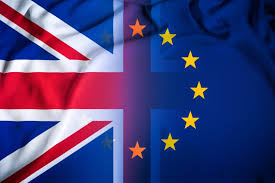
The European Union can very easily be eroded from the inside out and become a loose and non-committal cooperation of countries.
The Brexit, the withdrawal of the United Kingdom from the EU after a referendum, shows how dangerous and far-reaching the consequences can be when residents of a certain country, in this case the UK, decide on the inflammatory language and lies and half truths of the extreme populist party UKIP.
An increasing number of people who repent is therefore a result of this unnecessary referendum.
It remains striking, moreover, that Putin’s Russia in particular seems to support all these activists, financially and otherwise.
It has already been noted that all leaders of these populist groups have and have maintained personal contact with Putin and its representatives.
This applies to Wilders, Marine Le Pen, Duterte, but also to Trump and his employees before, during and after his campaign.
Putin therefore has great interest in destabilizing the European project and all countries that would like to join in, such as the Ukraine and Georgia.
Divide and rule is an old and often successfully applied methodology through many centuries.
Populists all too often respond to certain sentiments that exist within the population.
Fear for the unknown coming at them, such as the many migrants with mostly other habits.
Feeling threatened by economic damage to the acquired positions in society, touches upon another sensitive string in many people.
People who look different, dress different, behave different to what they are used to, is also often a subject of criticism and thus an expression of a feeling of discomfort among many people.
The question therefor is how people, especially Christians, deal with all these kinds of things.
Are Christians able to rise above themselves to the principle of unity in diversity?
Christ accepts everyone for all for what they are, even Zealots, a terrorist group at that time, or the Samaritans, in those days an inferior kind of Jews.
Can today’s Christians still think and act in thesis and anti-thesis and then come together through dialogue to reach the synthesis?
How much value do Christians still attach on just pure stated and recorded facts?
Or are the (gut) feelings of Christians the determining factor in how we think, speak and act to our direct or indirect surroundings and circumstances?
By what and who are the norms and values of Christians established and constituted; the church, the letters of Paul and Peter, the Old Testament?
Christ teaches us to seek harmony and to regard the other as more excellent than ourselves.
The European project is therefore a huge positive challenge for everyone who loves Christ!
